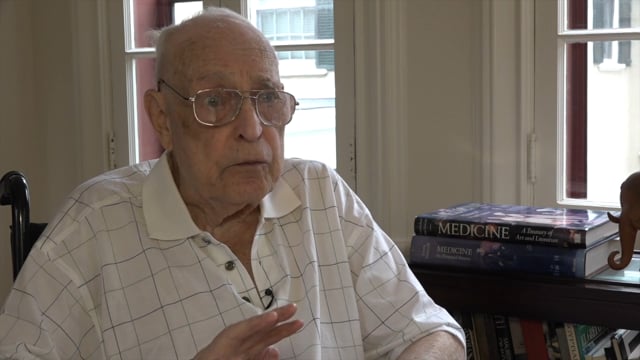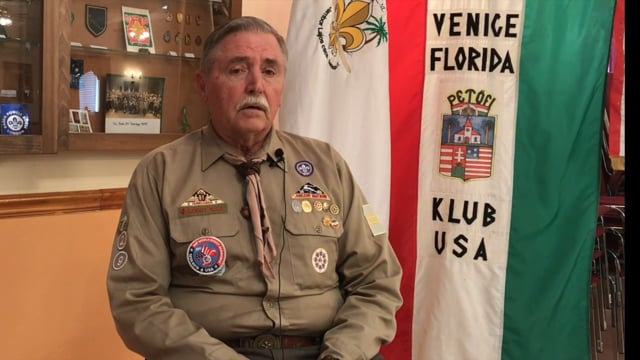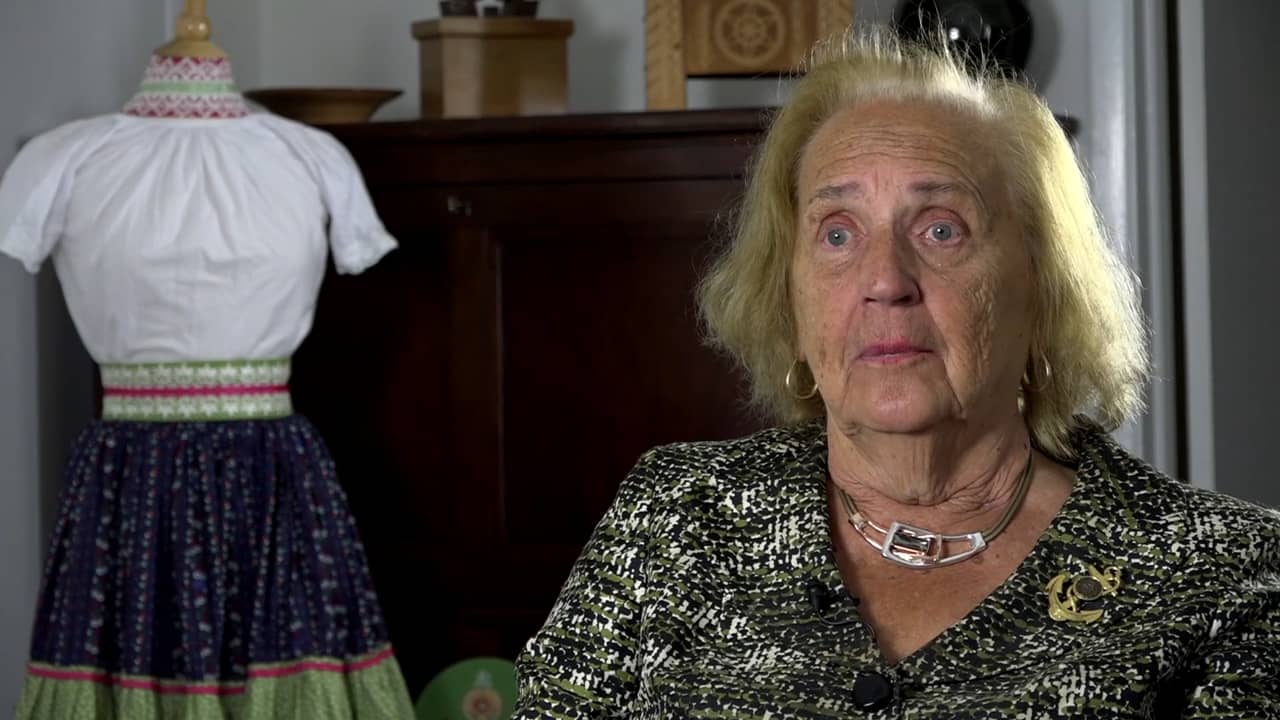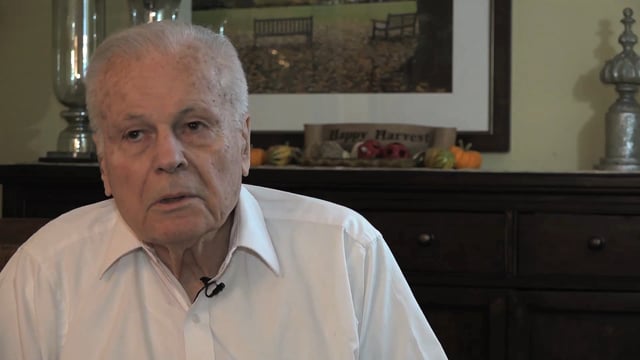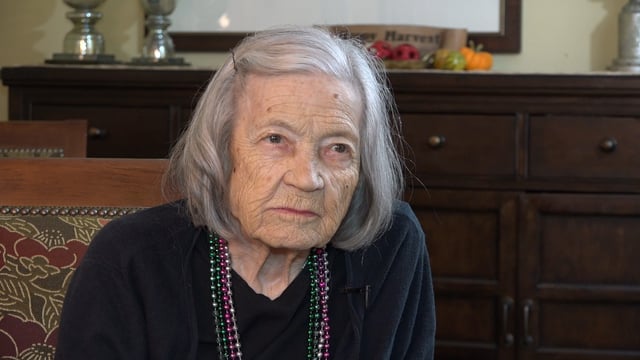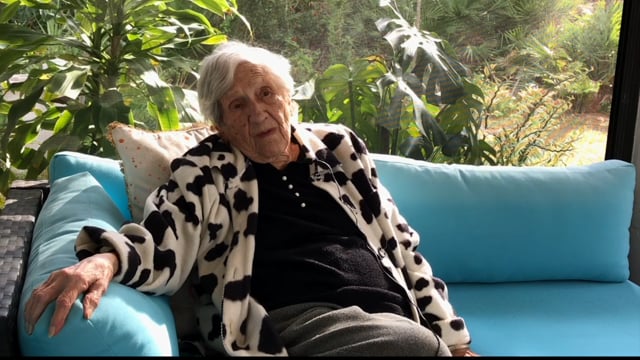Iván Nagy
1956erALL MATERIAL: COPYRIGHT CALIFORNIA EUROPEAN CULTURAL INITIATIVE/MEMORY PROJECT
(This interview was conducted in cooperation with the Collegium Hungaricum Berlin (CHB) as part of Memory Project Germany.)
Iván Nagy was born on February 15, 1937 in Budapest, Hungary. His father was a principal councilor in the Hungarian Finance Ministry between the two world wars, as well as a captain in the military. As a child during the war, Iván was moved with his mother and sister to Mosonszentmiklós, a rural village where his maternal grandparents were peasants. They survived the war, but his father died in 1944. After growing up mostly on a farm in the countryside, Iván moved back to Budapest in 1955 to attend the university there, studying physics and mathematics. He lived in a dormitory, which is where he was when the Revolution broke out in October of 1956.
Although he did not take an active part in the Revolution, he attended the protests in the first few days, and was nearly shot during the massacre in front of the Parliament on October 25th. He also recalls having conversations in Russian with the Soviet soldiers during the first chaotic days of the Revolution - trying to convince them to leave Hungary and let Hungary be free.
Iván left Hungary on November 17th, fearing that if he stayed, he would be ejected from the University for sympathizing with the freedom fighters. He fled across the border from Mosonszentmiklós, arriving to Austria after paying someone to help him find the right border crossing that was safe. In mid December, he decided to go with the group heading to France by bus, which is how he arrived to Grenoble and began attending the technical university there, where his name was changed to Yvan. After studying for a short while in France, he moved to West Berlin to live with his uncle. He was not able to finish his university studies, but was able to secure a good job at the German Statistical Office in Berlin. He married a German woman and had three children, studying theology on the side.
For over 15 years he led the Hungarian Catholic community and was an active member of the Hungarian community in Berlin at the time. After the transition to democracy in Hungary in 1989, he was named a "Knight of Hungarian Culture" for his service to the Hungarian community in Berlin. He is now retired and still lives in Berlin.
Nagy Iván 1937 február 15én született Budapesten. Édesapja miniszteri számvevőszéki főtanácsos volt, emellett vezérkari százados. A második világháború alatt Ivánt, hugát és édesanyját vidékre, Mosonszentmiklósra költöztették a bombázások miatt. Miután édesapja meghalt 1944ében, anyai nagyszüleinél nevelkedett igazi falusi környezetben egészen 1955-ig, mikor ismét Budapestre költözött egyetemre.
Az 1956-os forradalomban egyetemistaként volt aktív, majd külföldre távozott November 17én, és végül Berlinbe került. Pár évet járt itt egyetemre (mérnöki, majd teológiai karra), de családi okokból nem tudta tanulmányait befejezni, így statisztikai adatfeldolgozóként dolgozott.
Nagy Iván a berlini magyar közösségi élet egyik legaktívabb szereplője volt sok éven keresztül. Rendezvények előkészítésében aktívan részt vett, emellett szorgalmazta az berlini cserkészéletet és a magyarnyelvű óvoda beindulását. Hosszú éveken át szervezte a berlini magyar katolikus közösség miséit, szerkesztette a hónaponként megjelenő informatív körlevelüket. Ezenkívül– berlini magyar pap hiányában – különböző lelkipásztori feladatokat is elvégzett, valamint gyászbeszédeket is tartott.
Nagy Ivánt a „Magyar Kultúra Lovagja” kitüntető címet kapta 2006/ban (?)

